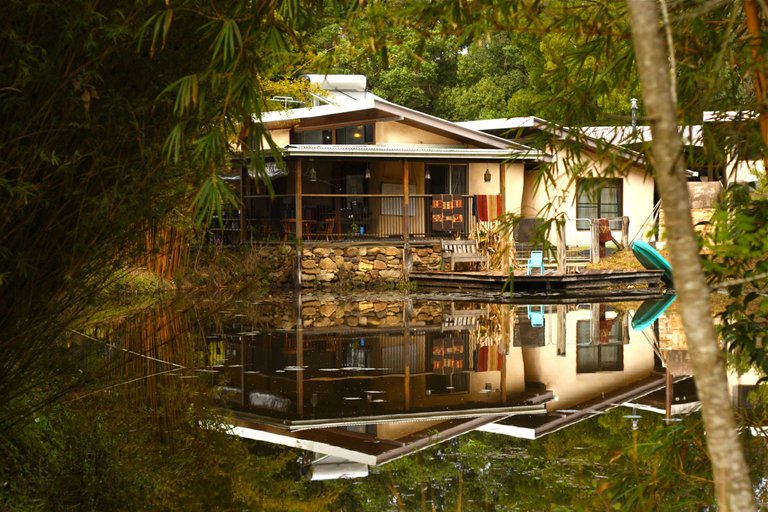I was born and raised an architect. My father is an architect and he inoculated me early on with the strong belief that architecture is the best and most important job in the world. So I became an architect. But I do not feel the same way about it as I did when I was in my teens. I don’t feel the same way about anything as I did before. I think the technical term is “growing up”.
Architecture is a dead profession. At least in the classical definition of the term, the one I grew up with. We live in an over-built world. If you build something new, you have to be really sure it’s worth it. So I currently avoid mainstream architecture-making (like having a job, or opening a business), trying to figure out the new, purposeful context of architecture.
Meanwhile, my boyfriend Alex was starting a business with a friend. It was about survival. Not your average survival. Survival for the paranoid urban father. Alex’s associate and friend is, of course, a paranoid urban father. The business didn’t work, but in the beginning I helped along with research (aka learning new things) and found out there’s a whole lot of (modern) homesteading going on in the world. It was so beautiful. I was starting to find people like me and Alex all around the world. I fell in love with Esther Emery. I wanted the same, but even better.
So I started looking for even better ways to live off the land. You don’t have to have a degree to know that permaculture is your way to go. I knew about permaculture from before, but then it was only a blurry concept, something about plant guilding and raised beds. I watched Geoff Lawton’s video on soils. Then I immediately started reading Bill Mollison’s bible. I read it all. Not only what I thought I needed. All. What I found out was that permaculture is more closely related to architecture that meats the eye. And that permaculture might be that answer to my question about the purpose of architecture. Might it be the way for me to not only feel useful in my profession but also make the homesteading idea complete?
I think it might. And it might also change the world to the better.

source: www.geofflawtononline.com
"You can fix all the world's problems in a garden" Geoff Lawton
(I don't know if that's technically true, but it's surely helping)
I agree. I studied architecture for 5 years and came out a little sad about the condition of the world. But I have found new joy in methods within architecture to actually improve peoples lives. You have my following!
https://steemit.com/steemit/@benjiberigan/architecture-can-be-in-harmony-with-the-environment-if-we-learn-from-our-past
great post thank you!
Thanks a lot! It's my very first! Like, ever.